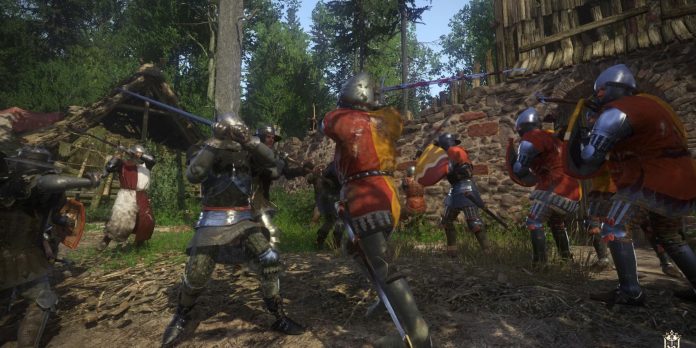
Sign in to your Game Rant account
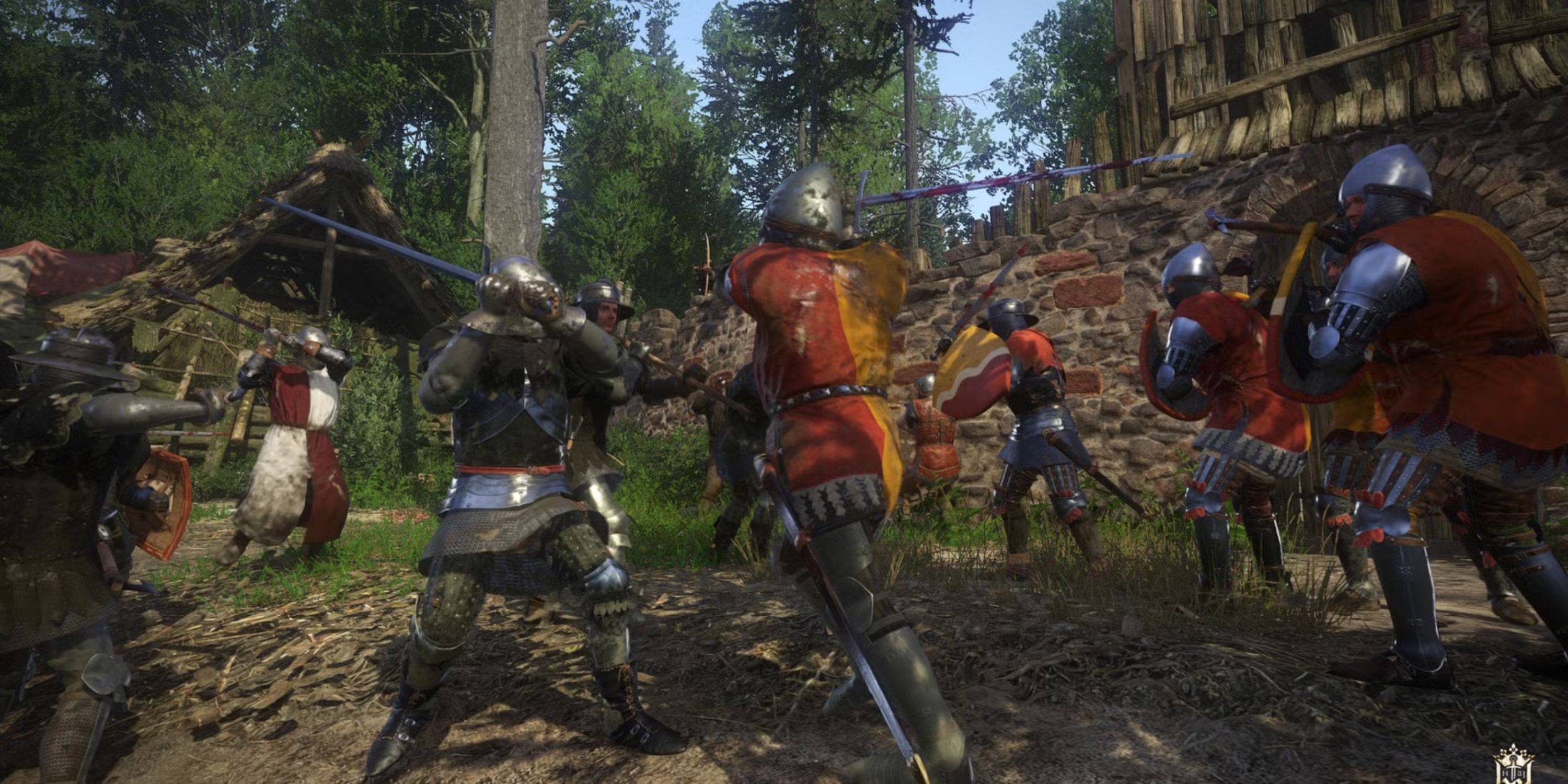
Summary
- Slow-paced action games emphasize patience, strategy, and precision over fast-paced button-mashing chaos.
- Games like Dark Souls 3, Kingdom Come: Deliverance, and The Last Guardian prioritize measured movements and deliberate actions.
- Titles like Ghost of Tsushima and Sifu blend speed with slowness, rewarding restraint and precision in combat.
Action games aren’t always about button-mashing chaos or sprinting through arenas with a rocket launcher and a prayer. Sometimes, the best kind of adrenaline comes from quiet dread, deliberate movements, and the kind of tension that makes every swing, parry, or misstep feel like life or death. Slow-paced action games take their time—and demand players do the same. They’re more about presence than speed, and more about what isn’t happening than what is.
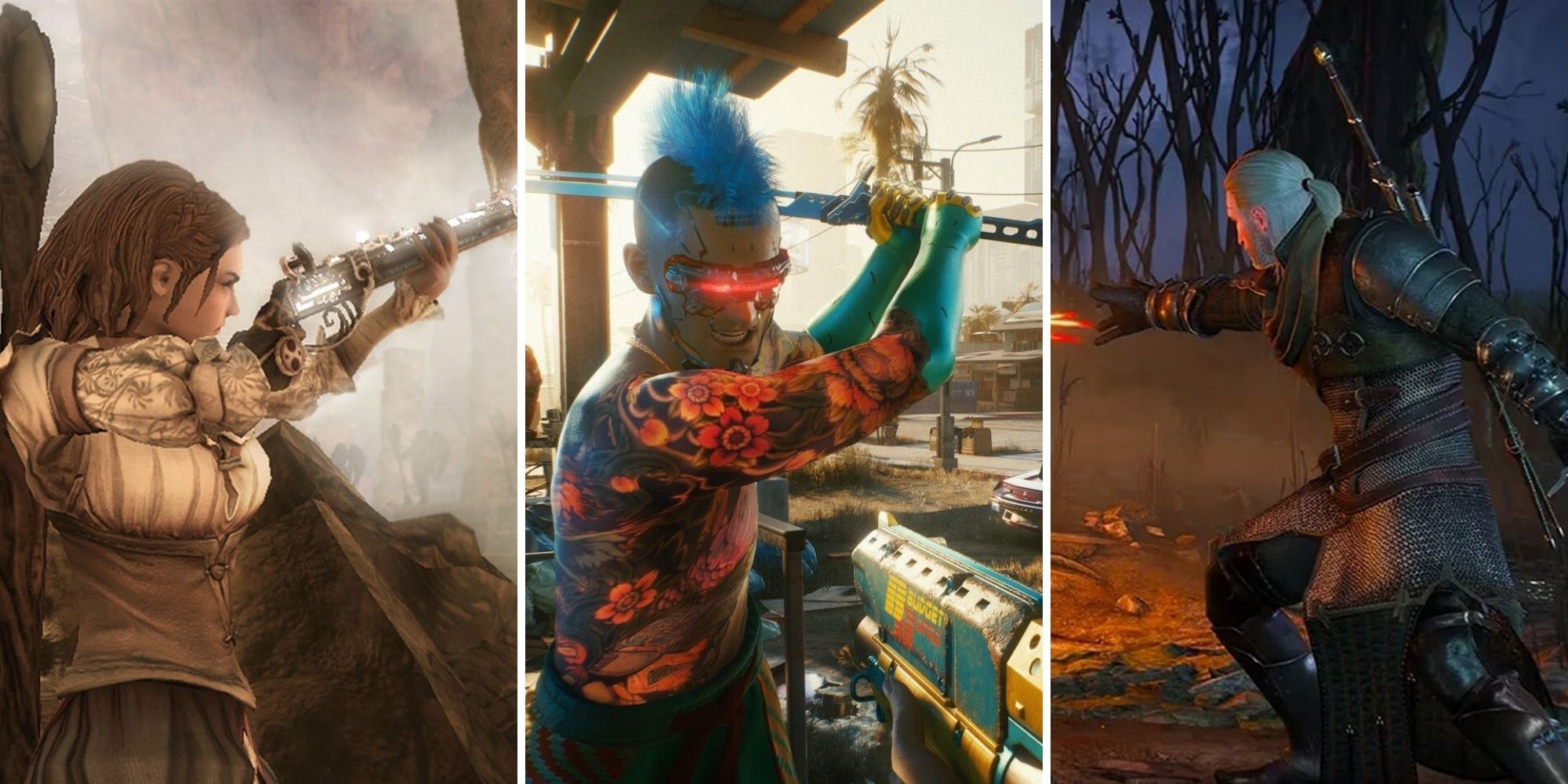
Related
8 Action RPGs With Simple But Great Combat
These action RPGs feature combat systems that don’t require too much time to learn but are fantastic in their simplicity.
Here are the best action games that move slowly, hit hard, and leave a lasting impression.
6 Dark Souls 3
Patience Isn’t Just a Virtue, It’s the Only Way to Survive
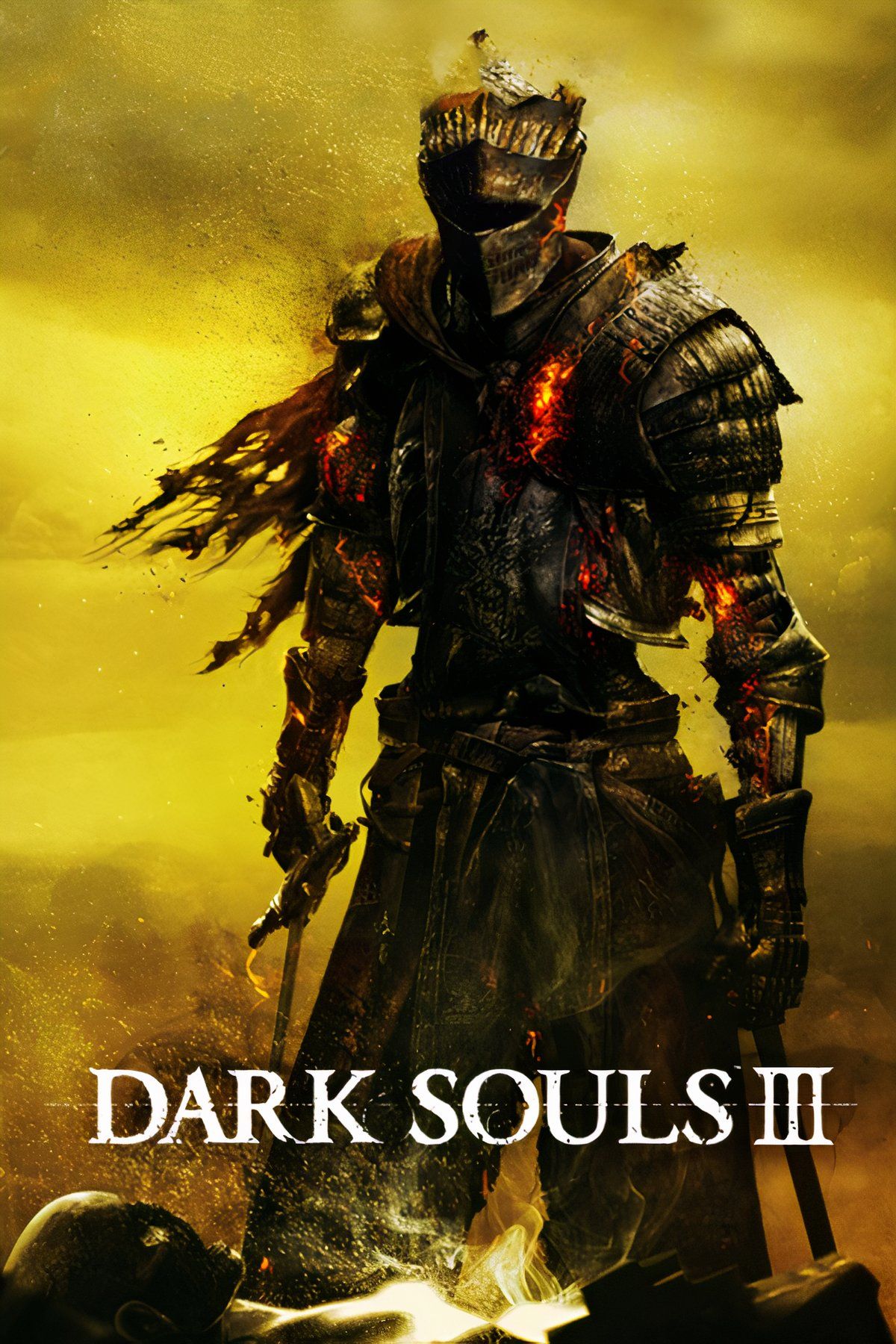
Few games punish impatience like Dark Souls 3. It’s fast compared to its predecessors, sure, but it still demands a kind of measured discipline that most action games just don’t. Charging headfirst usually leads to a loading screen and a hollowed ego. Every encounter—be it with a lone Hollow or a grotesque cathedral-sized monstrosity—forces players to read patterns, manage stamina, and pick their moments. Even healing becomes a high-stakes commitment, thanks to those painfully slow Estus chugs.
What makes it slower than it seems is the way it breaks players down and rebuilds them into cautious tacticians. Instead of chaining combos, success comes from restraint: waiting for an opening, capitalizing on a stagger, and knowing when to back off. And with levels that twist in on themselves like architectural origami, exploration is deliberate too—each shortcut unlocked feels like a life milestone. It’s an action game, yes, but one that demands players act like they’ve got everything to lose.
5 Kingdom Come: Deliverance
Where Wearing Armor Actually Feels Like Wearing Armor
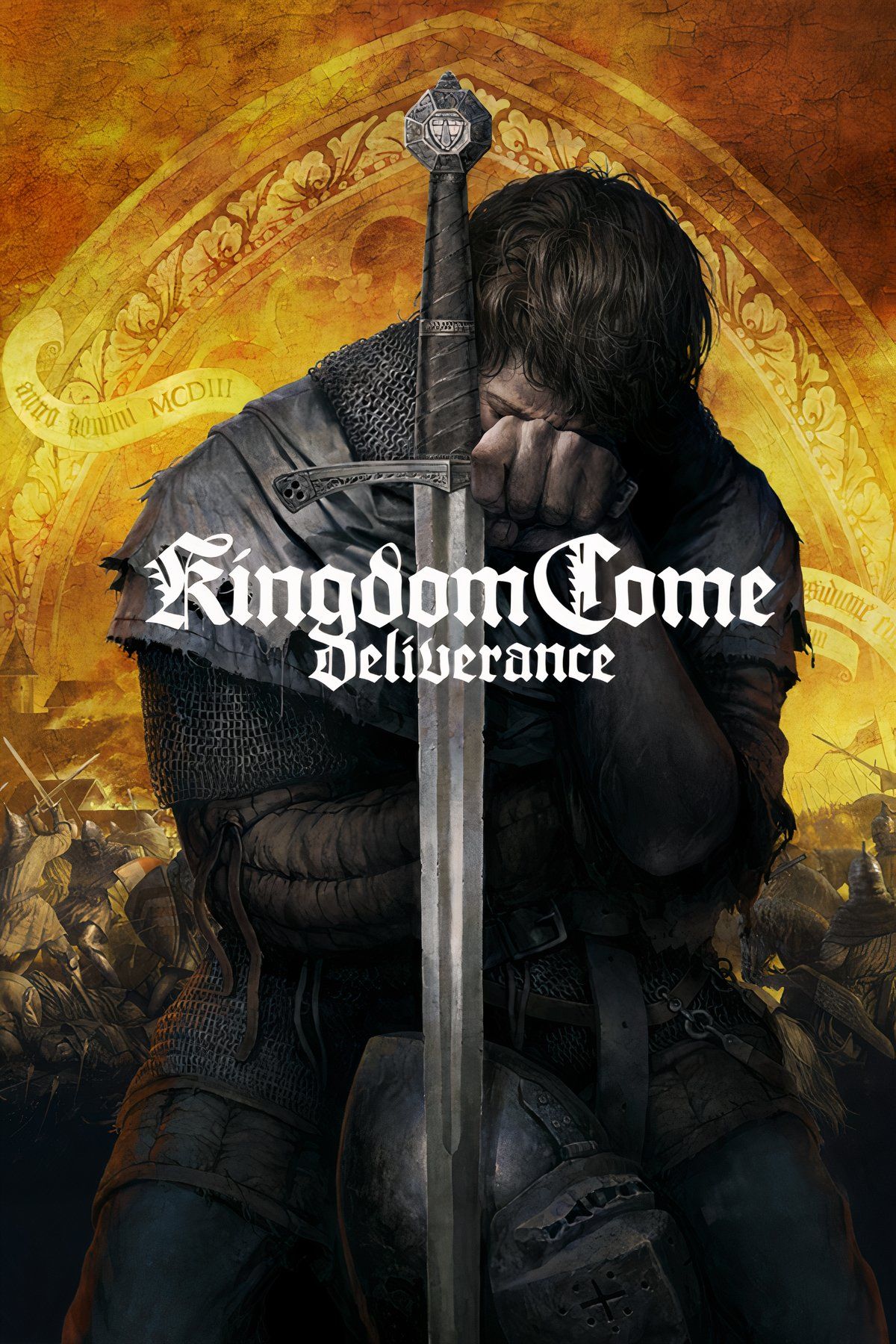
Kingdom Come: Deliverance
- Released
- February 13, 2018
There’s no sprint-dodge-slash rhythm in Kingdom Come: Deliverance. Combat here is more historical fencing simulator than power fantasy. Players fight with actual weight of their armor, of their weapons, and of the decisions they make in a duel. Blocking too soon? You’re wide open. Swinging too wildly? Expect your opponent to jab through the opening. It’s one of the rare action games where being tired, hungry, or even slightly drunk turns a fight into a clumsy, miserable mess—and that’s by design.
What slows everything down is its obsession with realism. Bandits won’t always charge at sight. Swords can snap. Reputation can end battles before they begin. Even getting into position for combat can take a while, because horseback travel is the main way around the world, and it’s not fast unless players know how to handle their mount. This is one of the only action games where players have to prepare to be heroic, and that tension, that long build-up, makes every win feel like an earned triumph.
4 The Last Guardian
Climbing Toward Something That’s Already Gone
Not much actually happens in The Last Guardian, at least not in the conventional action sense. It’s a game of long silences, echoing ruins, and trial-and-error puzzles where the greatest challenge is convincing a stubborn, cat-bird-dog hybrid to cooperate. Combat is minimal and clumsy, with the boy barely able to push enemies away while Trico handles the real fighting, reluctantly, at first. And that’s what makes it so affecting.
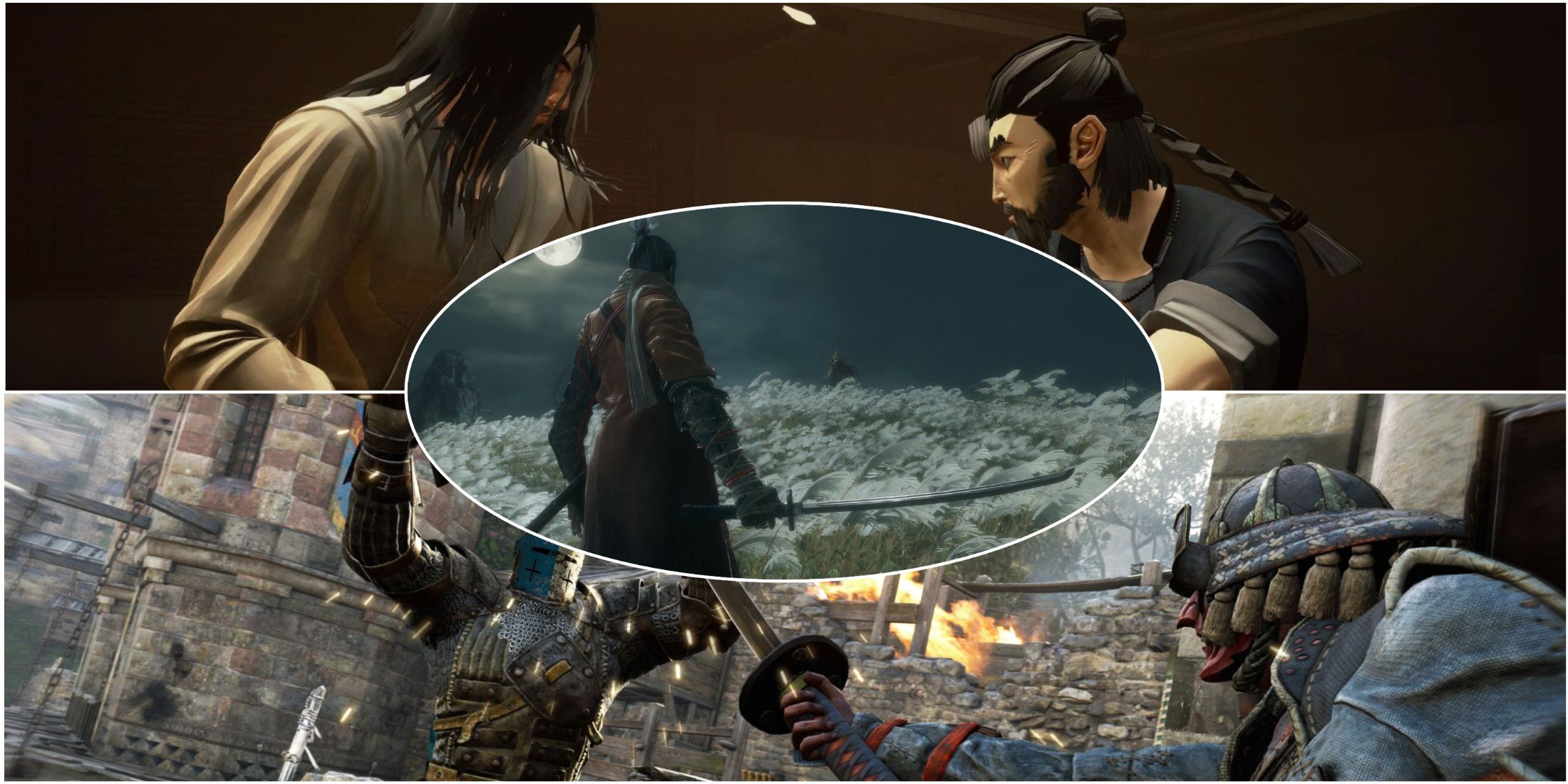
Related
6 Best Action Games That Don’t Prioritize Speed, Ranked
These action games focus on patience and careful timing rather than frenetic speed.
The slow pace isn’t a flaw; it’s part of the emotional weight. Progress depends on trust, and trust takes time. Players aren’t just solving platforming puzzles; they’re building a relationship with every hesitant command and nervous leap over a crumbling ledge. There are stretches where all players do is climb and call, wait, and whisper. But when Trico finally starts reacting on instinct, saving the boy without being asked, it hits harder than any boss fight could. The action’s there, but it’s buried under layers of patience, loss, and loyalty.
3 Hellblade: Senua’s Sacrifice
The Voices Won’t Let Her Rush
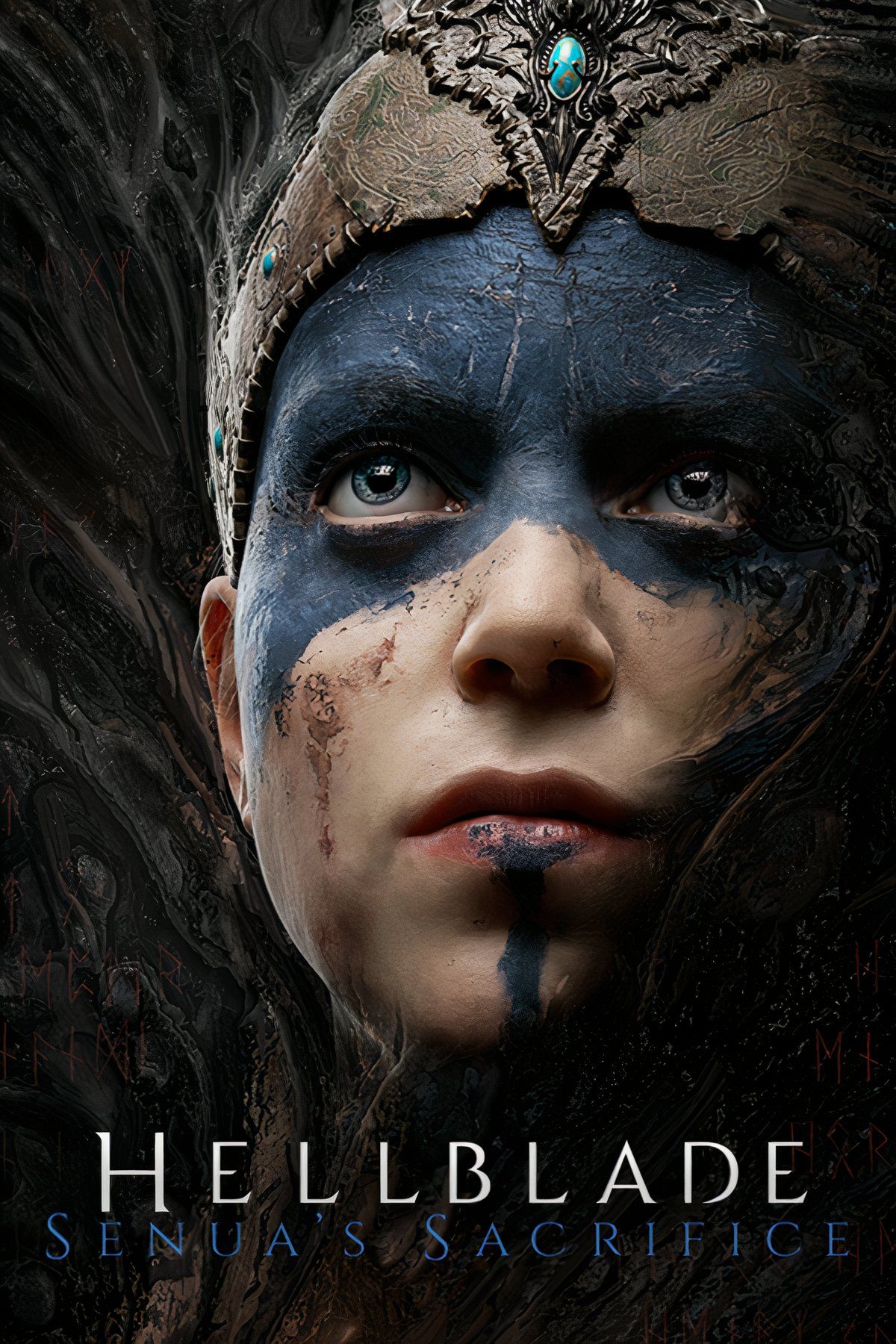
There’s a constant pull in Hellblade: Senua’s Sacrifice, but not the kind that drags players forward. Instead, it drags them inward. Every step feels loaded, slowed down by the whispers in Senua’s head, the rot creeping up her arm, the weight of her grief. Combat, while stylish, isn’t frequent. When it does happen, it unfolds in deliberate, rhythmic duels that test timing and positioning rather than combos-per-second. There’s no HUD, no map, just Senua’s labored breathing and the voices—some warning, some mocking.
What makes the game so methodical is its intimacy. Players move slowly because Senua has to. She’s walking through trauma as much as she’s walking through Helheim. Puzzles rely on perspective and quiet observation, not mechanics. And the entire world feels like it’s watching, judging, waiting for her to break. When she finally doesn’t, when she finds strength through slowness, it lands like a hammer. Not because the action was fast, but because it made every strike feel like a defiant breath.
2 Ghost of Tsushima
When The Wind Pauses, So Should You
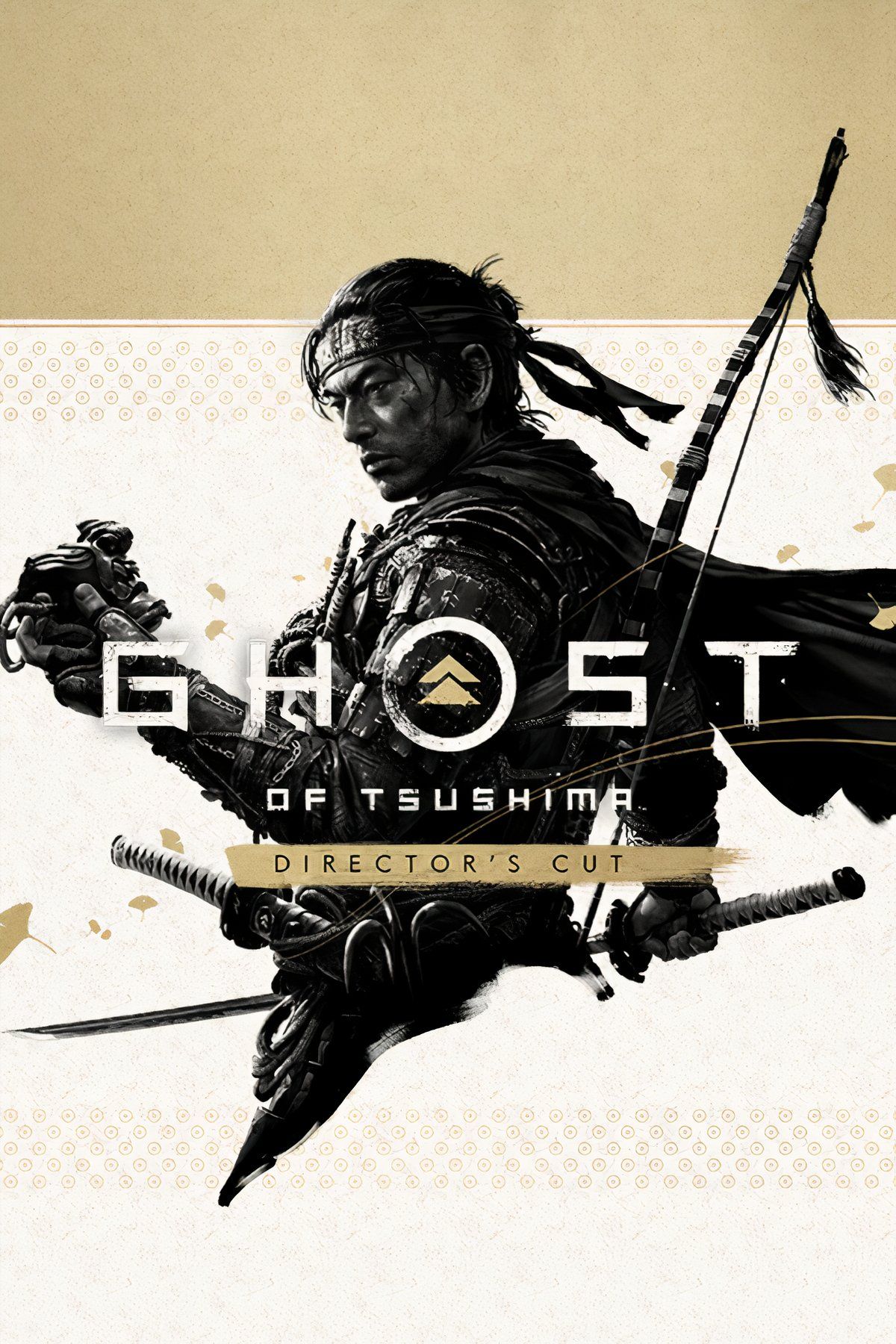
Ghost of Tsushima can be fast. Jin can flip over Mongols, slice through five enemies in one standoff, and disappear into the tall grass like a phantom. But the reason all of that works is because of the stillness that surrounds it. Players don’t charge through Tsushima—they wander it. The world practically asks to be appreciated: foxes to follow, haikus to compose, bamboo strikes to master. Even the guiding wind is gentle, never pulling, only suggesting.
3:20
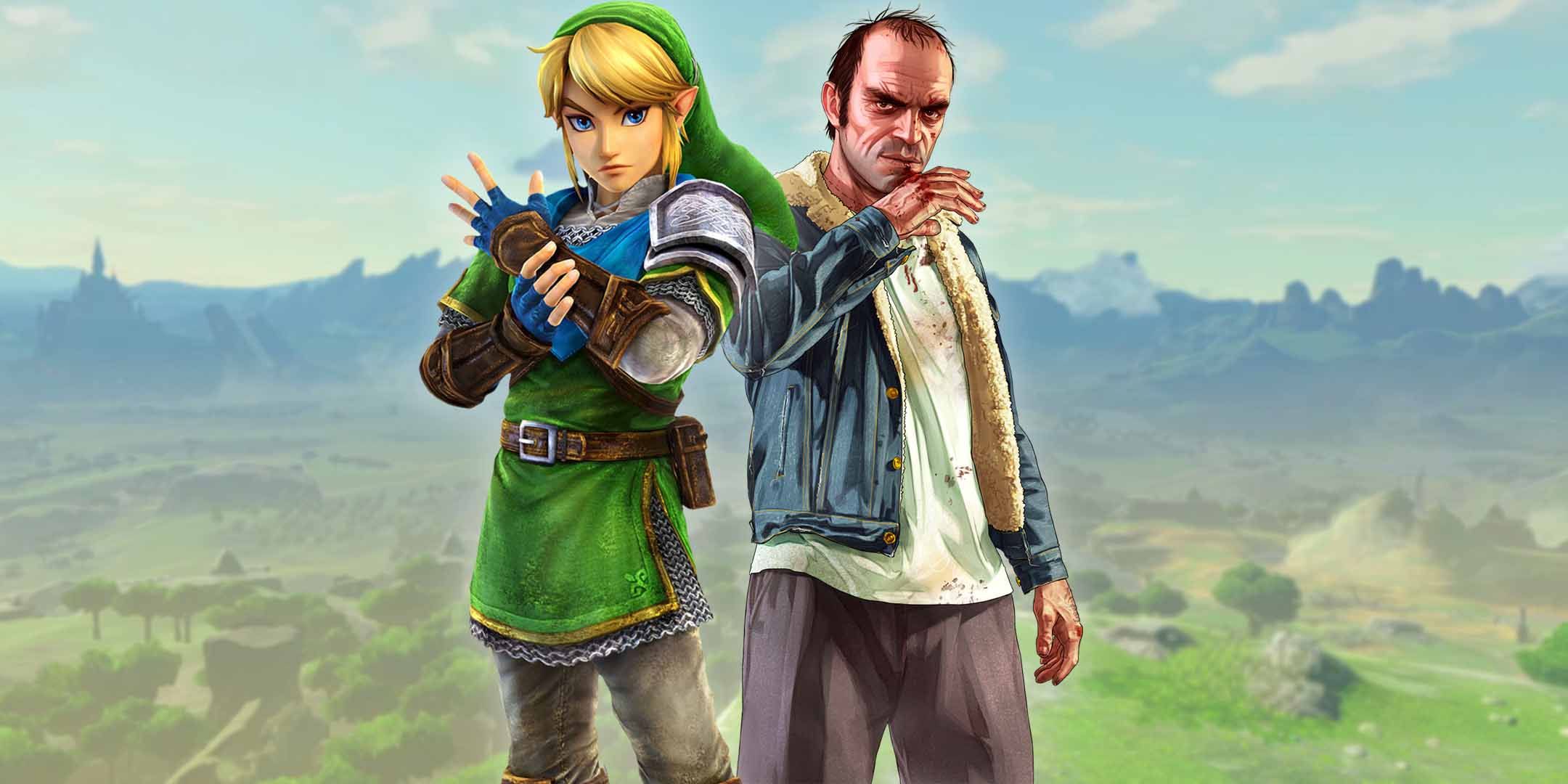
Related
21 Best Third-Person Action-Adventure Games Of All Time, Ranked
The third-person action-adventure genre is broad and omnipresent, but here are some titles that really stood out among a crowd of copycats.
The combat itself rewards restraint. Instead of button-mashing, fights hinge on posture, stance-switching, and knowing when to strike. One mistimed dodge against a spear user? That’s half your health. But perhaps the slowest thing about it is how much time players can spend just being in Tsushima—soaking in a golden forest, watching the leaves fall around a hot spring, or sitting beside a grave before the storm. This isn’t just about the war. It’s about the calm before and after each clash.
1 Sifu
Nothing Hurts Like Failing in Style
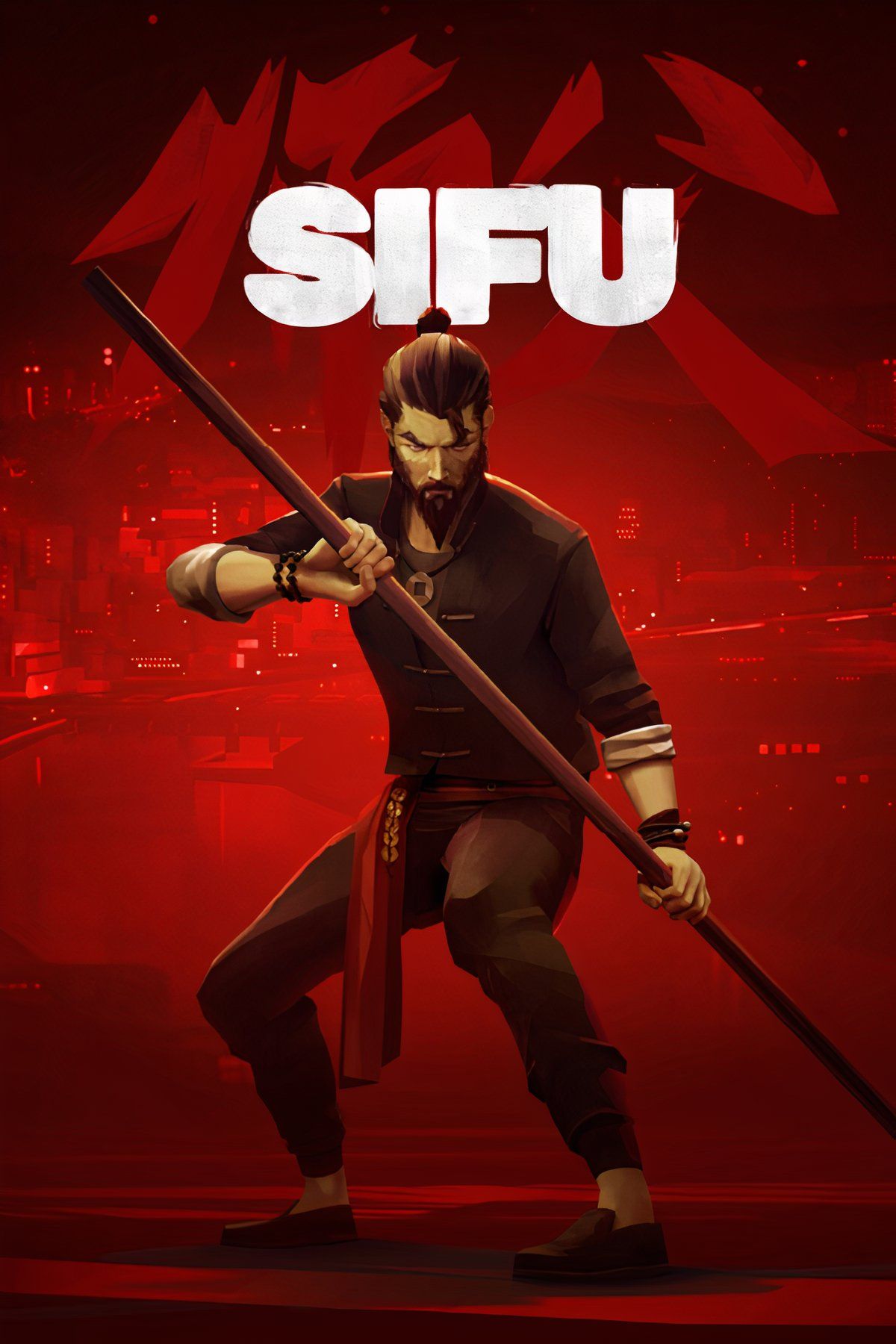
It might look like a fast-paced kung fu brawler, but Sifu is secretly a slow dance with death. Every enemy is a test of rhythm and memory. Players can’t afford to rush—because every age lost is a cost paid in blood, and eventually, age catches up. Fights are all about precise movement: block, dodge, weave, parry, then strike. Go in mashing buttons, and the screen fills with “YOU DIED” faster than the old-school beat-‘em-ups it draws inspiration from.
The aging mechanic is what truly enforces a slow pace. Die, and you get older. Get older, and you hit harder—but have less health. So every mistake has to matter. Players are forced to observe, to adapt, to wait. And once they finally string together the perfect series of blocks and counters, dodging like water around a furious mob, the payoff feels earned in bone and bruises. It’s not about how fast you can win. It’s about how long you can last before you’re too old to stand.
3:20

More
21 Best Third-Person Action-Adventure Games Of All Time, Ranked
The third-person action-adventure genre is broad and omnipresent, but here are some titles that really stood out among a crowd of copycats.
